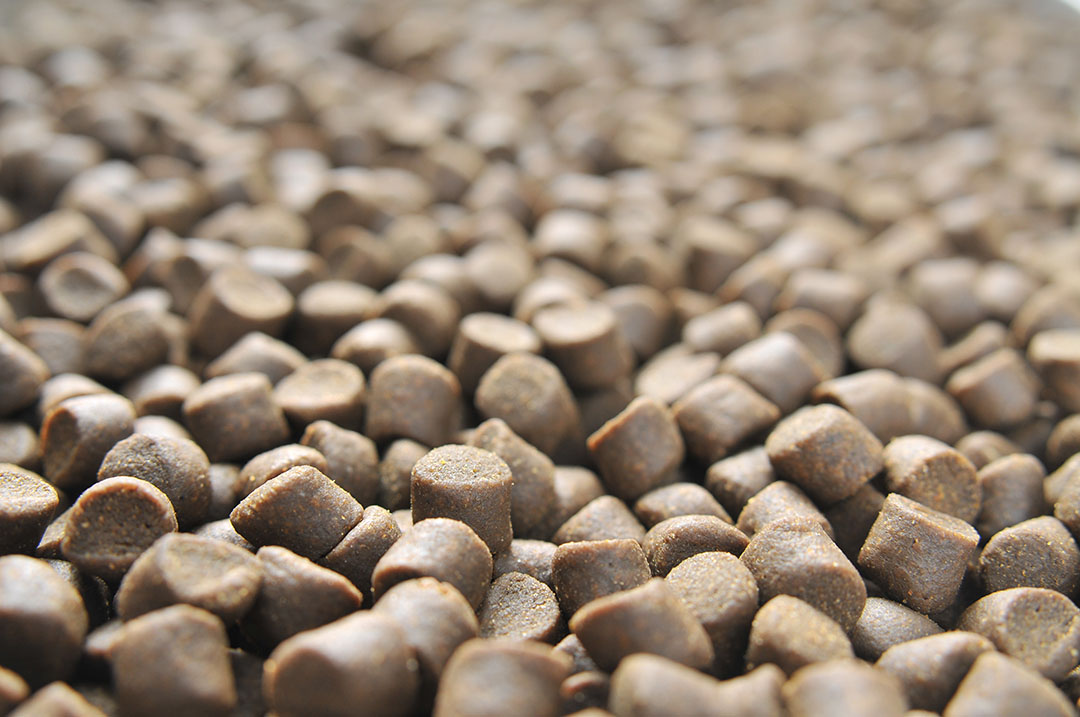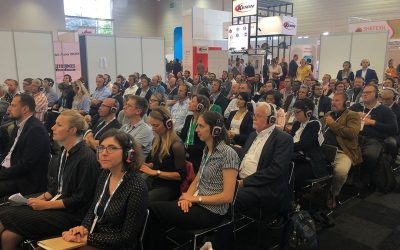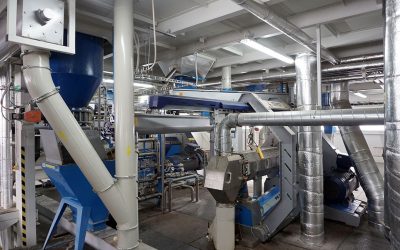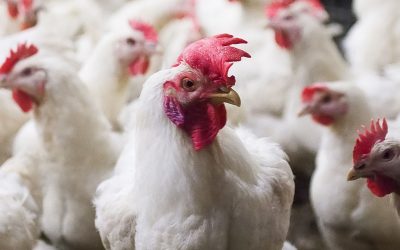Optimising the extrusion process

Extrusion is a unique processing operation that uses high temperature and pressure over a short time, in which high shear forces are applied to produce a feed product with distinct physical and chemical characteristics. Optimised feed extrusion needs to be subjected to statistical analyses using the model of response for each ingredient or its contribution in the final formulation on surface methodology through the sciences of rheology and tribology.
Evaluating the effect of moisture content, barrel temperature and screw speed on the throughput, lateral expansion and residence time are a few of the essential factors to be measured for optimised production process error.
Understanding and predicting nutrient variability in the final feed product needs to be optimised according to specified desired probability of meeting nutritive values and a quantity of variable versus consistent feed raw materials. Also, assessing the cost benefits of streaming ingredients with rapid online analyses may help the overall decision on investment strategies. In the upstream processes the efficiency of mixing before extrusion is essential to understand and optimise. Such optimisation relates determined mixing capacity and outputs, to improve and optimise the energy efficiency in further processes.
Extrusion as the most efficient energy intensive feed process gives better cooking effect of the starch and proteins than any other commercial processes. However, the usage of steam, hydration and retention time in an optimised preconditioner enables better control of the final product quality. Since there is a close association of the time in preconditioner and degree of cooking, the optimised retention time is of paramount importance. Novel feed ingredients such as microalgae, yeast and insect meal and their share in the total feed diet must be understood in rheological sense of thinking to understand and predict the thermal and mechanical energy that is required for manufacturing and final product quality. This is the reason why the preconditioner is an essential piece of equipment which greatly pre-determines the final outputs.
The Center for Feed Technology at the Norwegian University of Life Sciences is now in the process of making a prototype of a new state-of-the-art small scale preconditioner based on patented IsDeCa mixing technology with CV% of <1%. this new machine will optimise mixing and steam conditioning which is now limited by flexible volume, time and by far the most important, added water content. cutting the steam addition and increasing optimal mixing and retention time by a factor of five may achieve a similar level of cooking and product bulk density with semi-most microalgal, yeast or insect based ingredients. this is very important for scaling-up the processes from experimental to commercial production.>











